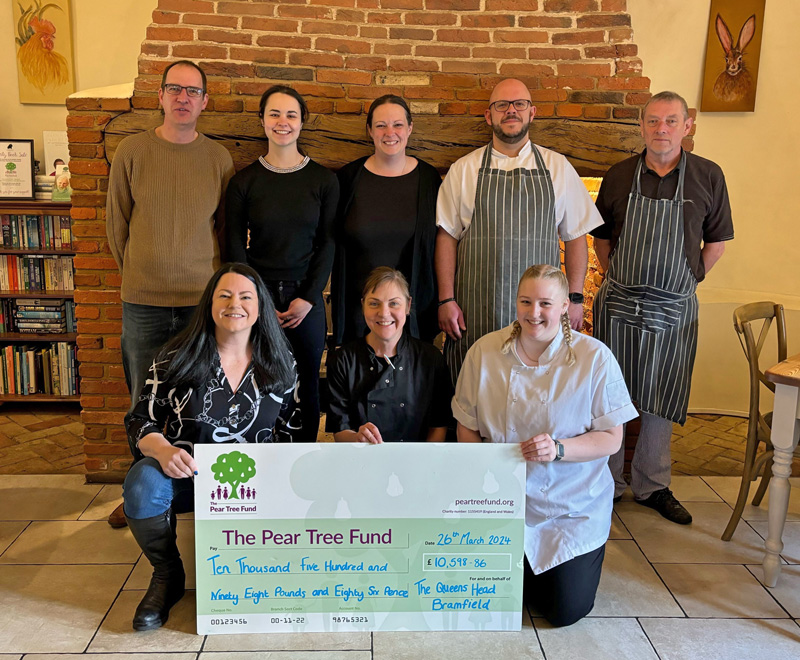
This is a time when illnesses such as flu, tummy upsets and sickness can spread more rapidly through the population.
But public health experts at NHS Norfolk and NHS Great Yarmouth and Waveney say with a little attention to washing hands and good hygiene at home, families can keep bugs at bay.
A poster campaign gets underway this week – National Infection Control Week – with three simple messages about personal and home hygiene:
And a Germbusters “toolkit” has been set up at www.norfolk.nhs.uk/germbusters and www.gywpct.nhs.uk for members of the public to use. It contains links to videos, factsheets, helpful hints on how to prevent infections and what to do if you fall ill. There are also useful resources for schools, homes and offices.
The Director of Public Health for Norfolk and for Great Yarmouth and Waveney, Dr Jenny Harries, said: “With everyone’s help we can keep infections such as Norovirus and flu at bay.
One of the most important steps is washing hands before preparing food and after using the toilet. You just need hot, soapy water. Alcohol hand gels and “wet wipes” do not kill Norovirus bacteria which cause sickness and diahorrea.
On the NHS Germbusters website there is even a video and leaflet available to show how because, as Dr Harries explained, there is more to it than you might think.
She said: “Doctors and nurses are trained to wash their hands using a six-step method which really makes sure they are germ free. There is no reason why this should be an NHS secret, so we are sharing it with everyone on the Germbusters site.
That factfile shows:
Your kitchen sink contains 100,000 times more germs than your bathroom or lavatory
A swab of a handbag showed up to 10,000 bacteria per square inch.
A bug called Campylobacter is carried by about half of all dogs and cats and can cause food poisoning. So always wash your hands after coming into contact with pets.
Top tips contained within the NHS Germbusters site include:

ICENI Taekwon-do: n-a-m.co.uk









